On November 26, UFV held a panel discussion entitled Ethics of Internships. The event was hosted and organized by Dr. Cherie Enn’s (an Associate Geography Professor at UFV) and seven students from the Global Development Studies class (GDS 400). Dr. Enn and students worked hard during the fall term to organize the event and invite speakers. Funding support came from the Queen Elizabeth Scholars.
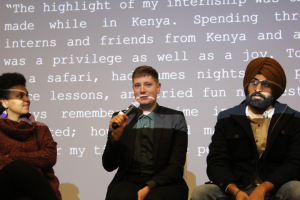 The panel included both UFV students and internship hosts, those of whom held a range of differing views when it came to the complexities of international and domestic internships.
The panel included both UFV students and internship hosts, those of whom held a range of differing views when it came to the complexities of international and domestic internships.
“Presenting at the Ethics of Internships event was a great way to reflect on our experiences and roles as GDS students and interns. Discussing the opportunities and challenges surrounding internships through a parody encouraged us to critically reflect on why GDS students do internships and how to ‘practice development’ in a positive way,” said Gina Dhinsa, a Global Development Studies student at UFV.
Read moreEthics of Internships
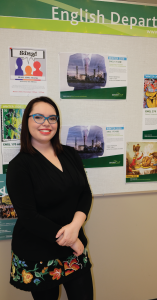

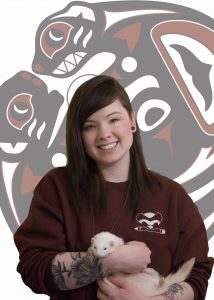
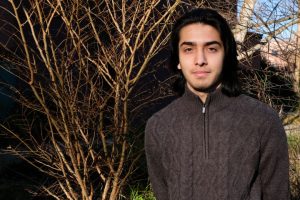
 The panel included both UFV students and internship hosts, those of whom held a range of differing views when it came to the complexities of international and domestic internships.
The panel included both UFV students and internship hosts, those of whom held a range of differing views when it came to the complexities of international and domestic internships.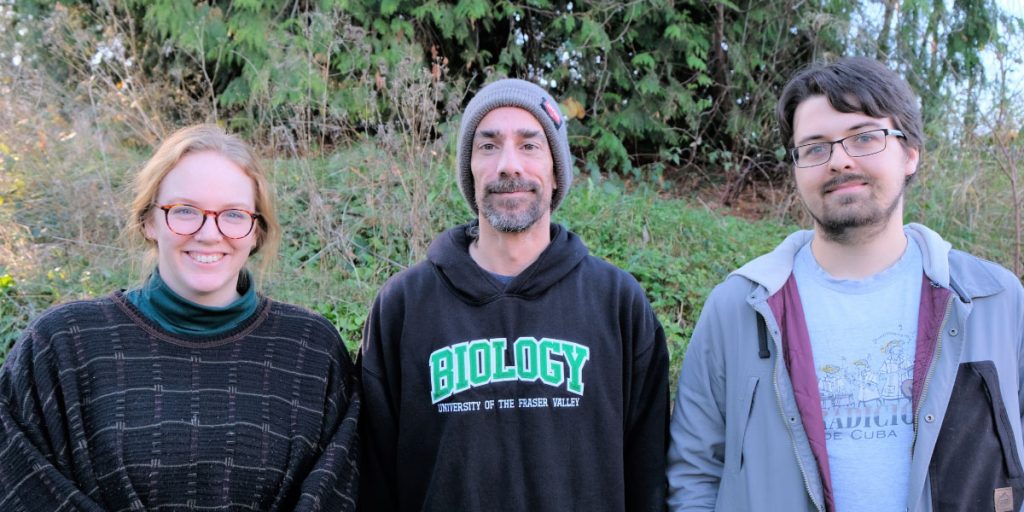
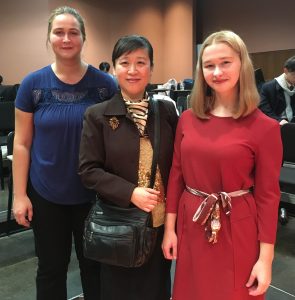 On November 16, Hanna Młotkowska and Constance de Bruin from the Modern Languages Institute represented UFV Arts and won third prize in the final round of Chinese Bridge BC – Mandarin Singing Contest held at the UBC School of Music.
On November 16, Hanna Młotkowska and Constance de Bruin from the Modern Languages Institute represented UFV Arts and won third prize in the final round of Chinese Bridge BC – Mandarin Singing Contest held at the UBC School of Music.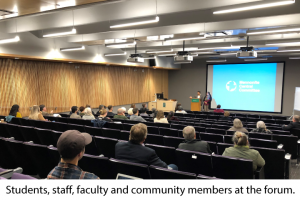 On October 29, students, staff, faculty and community members came together to discuss peacebuilding efforts locally and globally with area directors Cesar Flores and Lizzette Miranda from the Mennonite Central Committee (MCC) in San Pedro Sula, Honduras.
On October 29, students, staff, faculty and community members came together to discuss peacebuilding efforts locally and globally with area directors Cesar Flores and Lizzette Miranda from the Mennonite Central Committee (MCC) in San Pedro Sula, Honduras.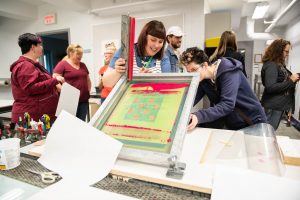 As of Friday, September 27, 2019, UFV College of Arts’ new School of Creative Arts (SoCA) has successfully launched.
As of Friday, September 27, 2019, UFV College of Arts’ new School of Creative Arts (SoCA) has successfully launched.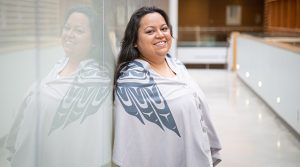 As Leanne Julian stood outside as part of a group of geography students listening to Mt. Lehman community members explain how they wanted to present their community it to the world, she could literally see her father’s home community, the Matsqui First Nation, not far in the distance.
As Leanne Julian stood outside as part of a group of geography students listening to Mt. Lehman community members explain how they wanted to present their community it to the world, she could literally see her father’s home community, the Matsqui First Nation, not far in the distance.